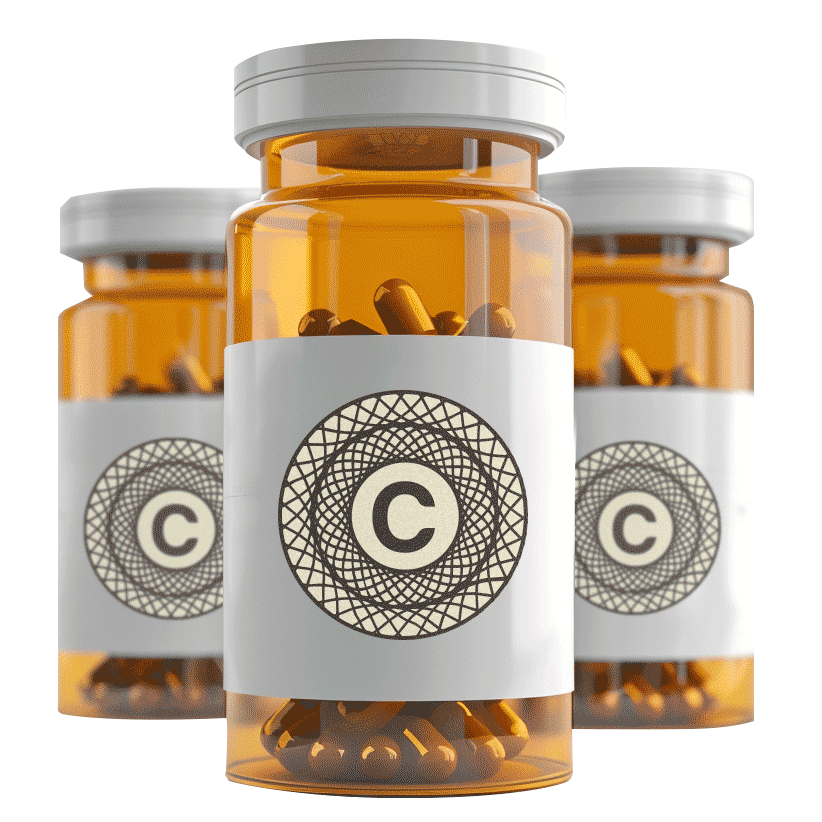I would give more stars if I could. Their service is so easy to use, appointments, availability, communication, use of their virtual app. They make it simple. I have never had any issues. I have been a patient of Katie Kesterson for 2 years and she is absolutely amazing! I highly recommend them.



